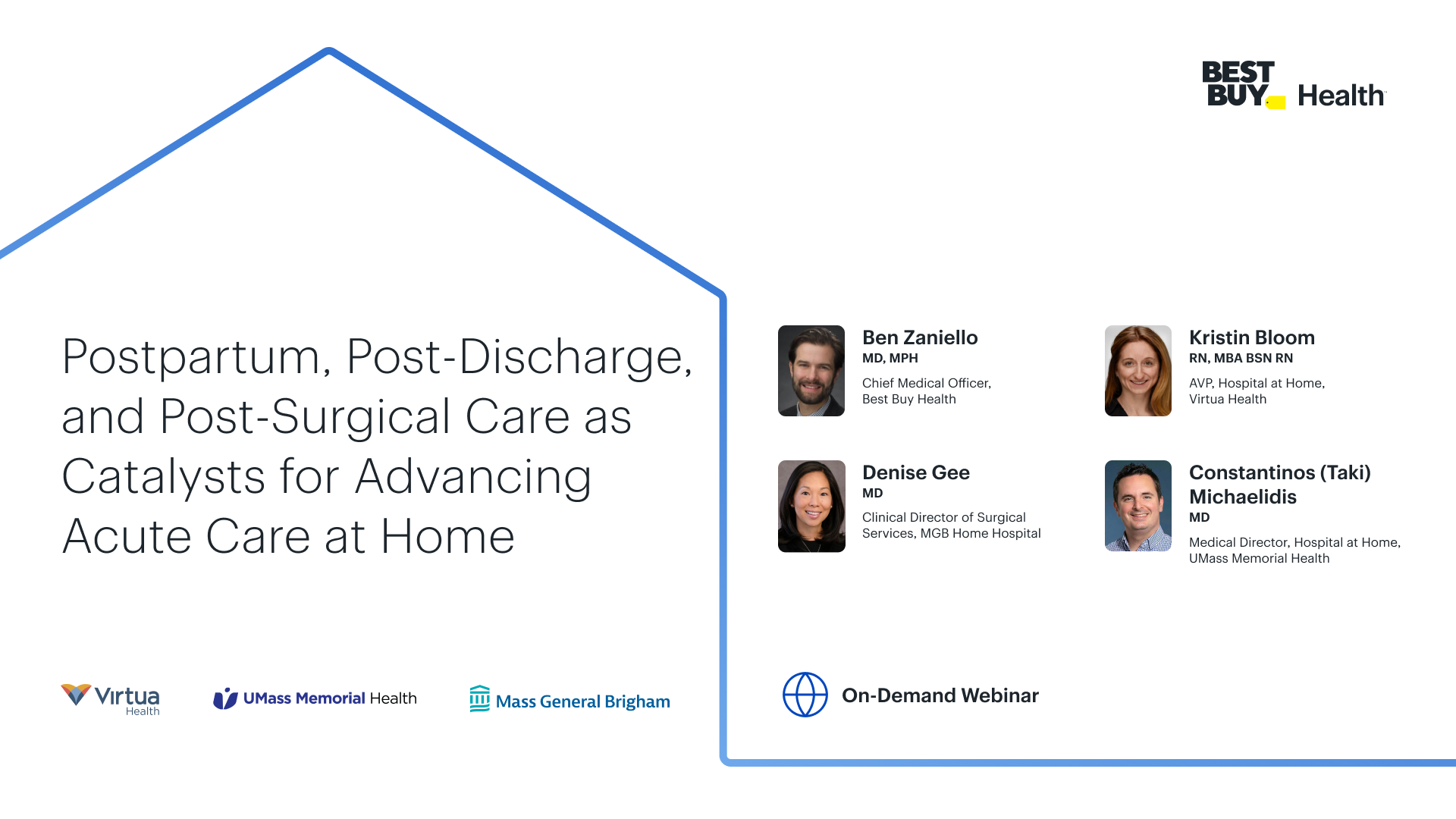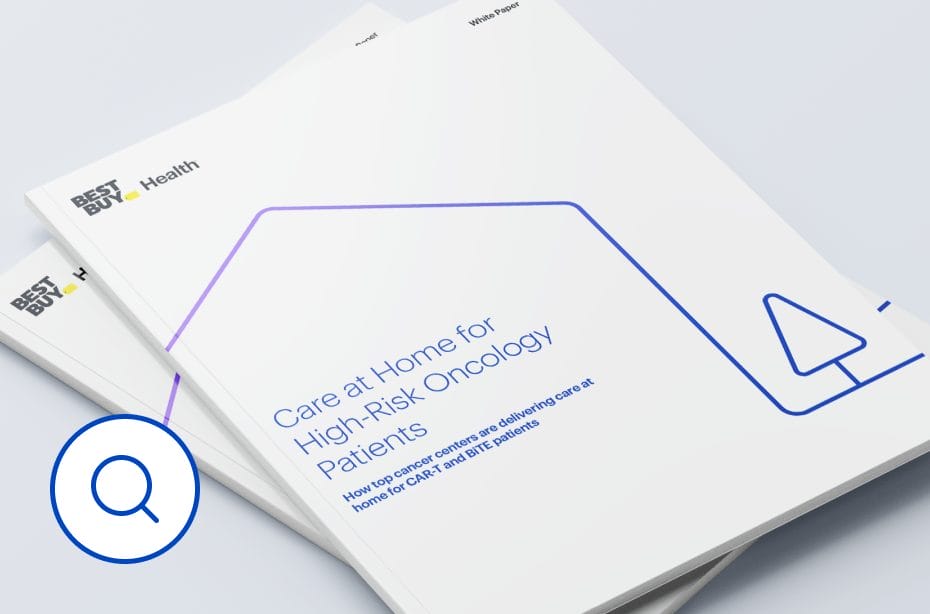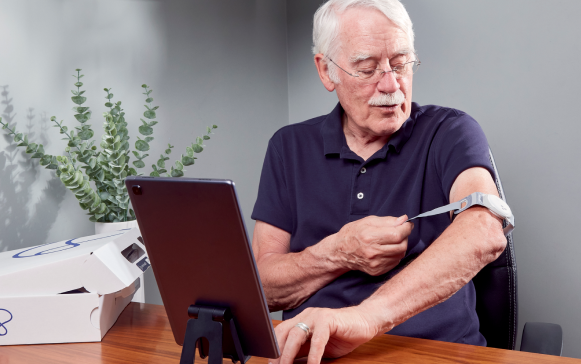At Baptist Health, heart failure patients are taking back their lives
Jenny Coulter is a retired home health nurse who loves spending time with her three granddaughters. She’s always been active, enjoying biking and swimming at her home outside Louisville, Kentucky.
All of those things she loves got put on hold when she started experiencing shortness of breath. Jenny thought it had something to do with her lungs—she was surprised to receive a diagnosis of cardiomyopathy with congestive heart failure.
She recalled: “Being a nurse, I know what heart problems are, and I was scared to death.”
Baptist Health’s remote care program for CHF patients
After receiving her diagnosis, Jenny was referred to the Baptist Health Heart Failure Clinic, where she was reassured that she could manage her condition and get back to the parts of her life that she’d been missing.
Jenny enrolled in Baptist’s chronic care program for high-risk CHF patients, a 3-6 month care plan that relies on remote patient monitoring and regular virtual visits to get symptoms under control and avoid hospitalization. And it’s working: the program has seen zero CHF-related readmissions among participating patients.
For Jenny, this program was exactly what she needed to get in the routine of checking her vital signs and proactively managing her condition. “I get up every morning, I weigh myself, I take my blood pressure, take my pulse every day and watch my O2 sats…It’s nice to have the security of knowing that I am being monitored.”
The Baptist Health + Current Health Partnership
The remote care program for heart failure patients at Baptist Health was specifically designed for those who have recently been hospitalized and need additional support for managing their CHF symptoms.
For Baptist Health, this program is part of a strategic move to innovate the patient experience by delivering more patient care at home.
“The movement to more patient care at home has the potential to revolutionize the care that we deliver,” said Brett Oliver, MD, Chief Medical Information Officer at Baptist Health. “With the Current Health device, I can monitor you at home and get data points outside of my normal 2 or 3 times a year. We can adjust treatment and check in on you in different ways that we haven’t been able to before.”
And patients like Jenny are reaping the benefits, both clinically and emotionally.
“Having Current Health working alongside the Baptist Heart Failure Clinic made me feel less frightened and like more people were watching over me, making sure I was okay,” said Jenny.
“Now, it’s nice to have my strength back so I can do things again with my baby girls. And it’s nice knowing I’m going to be around a lot longer so that they will remember me.”


